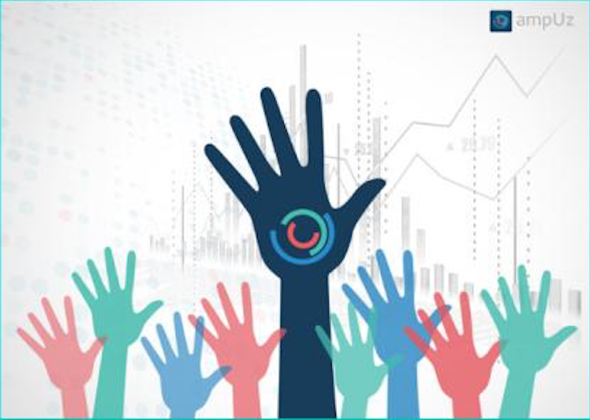
Demystifying Data for Positive Impact
Technology has allowed Impact to Scale Rapidly:
The 21st century has brought us incredible digital access to data and communication tools. This access to information and rapid cross-border communication has allowed for impact work to scale at an unprecedented speed. Impact work is actions taken to produce or influence a positive result for society people and or the planet. Technological innovation has fast-forwarded our ability to catalyze global sustainable development. For instance, technological investments towards resource-efficient productivity of land, energy, and minerals could meet up to 30% of 2030 raw material demands, possibly saving 2.3 trillion dollars and reducing environmental degradation, according to research by McKinsey. The use of technology enables abundant access to data. Business and government leaders have embraced the value of data, and therefore it is empirical that the development, sustainability, humanitarian and aid sector follow suit.
The Data Challenge:
Ironically, while understanding the potential value it has to create positive change in the world, the abundance of accessible data has led to disorientation, a lack of focus to take action, and in the worst of cases ‘analysis paralysis’. Therefore, the use of technological tools should be leveraged to organize data and drive positive impact.
In particular, with projects that aim to create a positive impact, information often rests with multiple stakeholders, and therefore collaboration with these stakeholders is integral for useful data collection. Additionally, sharing too much or not thoughtfully presented data to stakeholders is a disservice to an organization’s impact goals.
Organization’s need to strike a balance between data-centric transparency and data dump.
Data dump can leave stakeholders, for instance, customers, partners and donors confused if the data is not clearly and visually synthesized with an appropriate level of qualitative narrative to support it.
How to Overcome the Data Challenge while enhancing integrity and transparency:
- Prioritize a data-centric approach: Efforts towards data collection can be met with resistance for a variety of reasons, it is only if the organization truly commits and prioritizes the effort that will it gain traction.
- Identify Goals: What is the positive impact that your organization aims to make in society?
- Develop key performance indicators: These metrics need to be in line with the organization’s goals and created in consensus with relevant stakeholders.
- Data Accuracy: Ensure that approval controls are in place to ensure data is received, is accurate and is being collected frequently.
- Data visualizations: Periodically analyze data to identify trends, gaps, opportunities and threats.
- Communicate: Present findings to stakeholders to contribute to the collective knowledge, and understanding of sustainable development challenges and progress in the areas the organization is working in.
What to Expect Next:
With this realization, we are beginning to see new trends in sustainability and impact reporting. Impact performance will be communicated through interactive data visualizations. Examples can be found in interactive maps and infographics; for example, the ‘Modern Slavery’ map by the Global Business Coalition Against Human Trafficking, the RESPECT Initiative and the UN Global Compact. In this mapping, a user can navigate to their specific industry, geography, concerning issue, or organization type. Stakeholders are demanding organizations to not only be transparent with data but to be able to understand it and access it seamlessly.
Data analysis can be daunting and overwhelming, but it doesn’t have to be. We encourage companies big and small, NGOs, and even government organizations to start small. Starting with data points that you understand the most will not only be more comfortable but will motivate you and your team to continue organizing the data already at hand.
ampUz supports organizations by doing this through capacity building, our software solutions and report development.
Please do not leave your stakeholders behind and confused; simplify your data and gain their trust.
https://www.mckinsey.com/business-functions/sustainability/our-insights/resource-revolution
